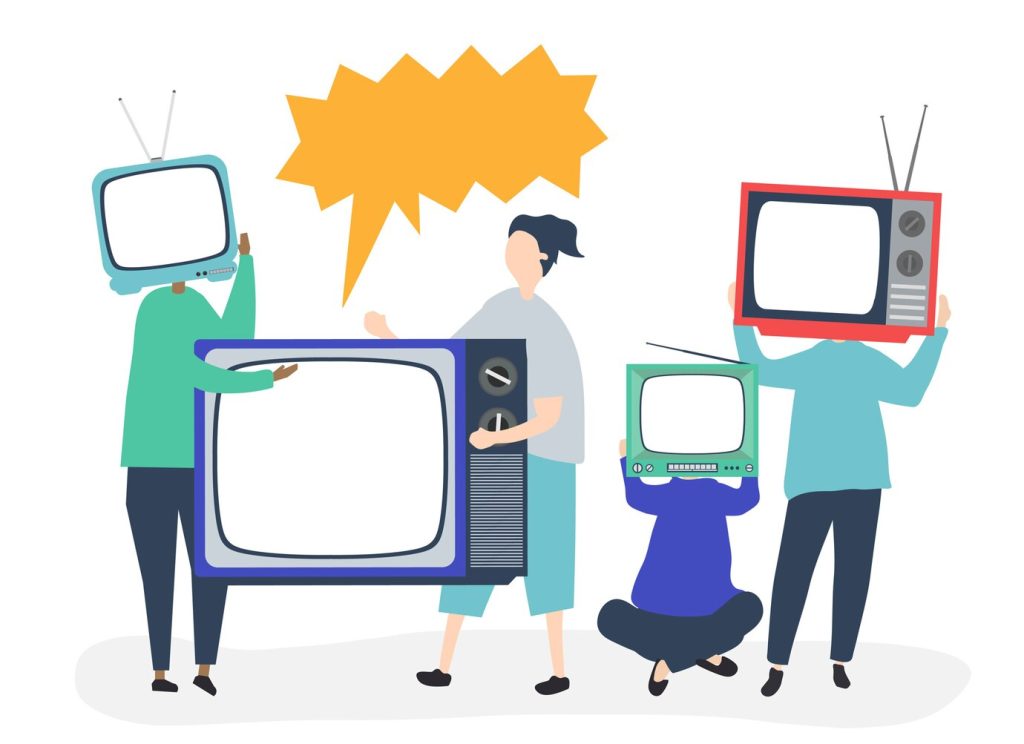Rewatching TV shows has become more than just a guilty pleasure—it’s a comforting habit shared by millions. Whether it’s reruns of The Office or your favorite drama from a decade ago, people are finding emotional satisfaction in familiar content. But why do we keep coming back to the same shows over and over? Psychology, neuroscience, and consumer behavior research all offer clues into this modern entertainment ritual.

Rewatching TV Shows as a Low-Key Adventure
While the term “adventure” often conjures up images of hiking trails or road trips, there’s a growing trend around low-key adventures you can plan in a single afternoon, and rewatching TV shows fits the bill perfectly. It’s the kind of simple, accessible escape that offers a powerful sense of control and familiarity.
When you’re emotionally exhausted or overstimulated by the chaos of daily life, the idea of returning to a known storyline with predictable outcomes becomes incredibly appealing. Psychologists suggest that these media rituals provide emotional grounding, much like listening to a favorite song or visiting a nostalgic place.
“People like to rewatch shows because it creates a sense of psychological safety,” says Dr. Pamela Rutledge, Director of the Media Psychology Research Center. “They know what’s coming, and that predictability is reassuring.”
— Source: NBC News
The Neuroscience of Familiarity
From a neurological perspective, our brains love patterns. When you watch something familiar, your brain’s reward system—especially the dopamine pathways—is activated without the cognitive load of learning something new.
In a study published by the Journal of Consumer Research, researchers found that people often reconsume media to regulate mood and manage emotional states. That’s why you’re more likely to press play on Parks and Recreation after a stressful day instead of trying a new, emotionally demanding drama.
Rewatching helps:
- Reduce anxiety through predictability
- Create a safe emotional space
- Reinforce positive memories associated with earlier viewings
“[Rewatching] media is like emotional comfort food,” explains psychologist Dr. Lindsay Holmes.
— Source: HuffPost
Nostalgia and Emotional Anchoring
Nostalgia plays a key role in why we gravitate toward reruns. Watching shows from a certain era in your life can act like a time capsule, bringing back the feelings, places, and people from that time. This emotional anchoring is especially strong in today’s high-stress environment where stability and comfort are in short supply.
According to a 2023 survey from Statista, nearly 64% of U.S. streaming users said they rewatched shows because they “wanted something familiar.” Nostalgia activates brain regions associated with social connection, which can even reduce feelings of loneliness.
That’s why watching Gilmore Girls during fall or The Simpsons after dinner isn’t just routine—it’s emotional self-care.
Control and Choice in an Unpredictable World
Modern life often feels like a never-ending scroll. Streaming platforms are built to offer endless choice, yet paradoxically, this abundance can lead to decision fatigue. Rewatching a series removes that stress.
Choosing to rewatch a series:
- Eliminates the need for decision-making
- Feels emotionally “safe” (you won’t be disappointed)
- Allows multitasking without missing plot points
This is especially relevant in a time when users feel increasingly overwhelmed by options. Rewatching becomes a low-key adventure that you can initiate instantly, without planning or commitment.
Parasocial Relationships and Emotional Companionship
When we rewatch a series, we’re not just revisiting stories—we’re revisiting people. In psychology, these one-sided emotional bonds we form with characters are called parasocial relationships. These connections feel real, even though they’re fictional, and they can provide a sense of belonging and emotional companionship.
Characters like Leslie Knope, Michael Scott, or Ted Lasso become familiar faces in your routine. And the more time you spend with them—whether it’s the third or thirtieth rewatch—the stronger that emotional bond becomes.
When Rewatching Becomes a Healthy Habit
Contrary to the myth that rewatching is a “waste of time,” it can actually be a healthy, restorative habit, especially when you’re emotionally taxed or socially drained. The key is balance—when rewatching becomes intentional rather than escapist.
Tips to turn rewatching into a mindful practice:
- Pair it with a cozy ritual (tea, journaling, light tidying)
- Use it to wind down at the end of the day
- Invite others to join for a communal feel
- Mix in occasional new content for stimulation
Rewatching as a Low-Key Wellness Ritual
Rewatching TV shows isn’t just nostalgia or laziness—it’s a low-key adventure into emotional regulation, brain chemistry, and personal identity. It’s a wellness ritual hiding in plain sight, and one that’s far more common than we often admit.
So, the next time you hit play on a familiar show for the fifth time, don’t feel guilty. You’re not just watching television—you’re engaging in an act of self-soothing that your brain and heart genuinely benefit from.
References
- NBC News
“People like to rewatch shows because it creates a sense of psychological safety,” says Dr. Pamela Rutledge.
📎 NBC News – Why We Love Rewatching TV Shows
2. HuffPost
Psychologist Dr. Lindsay Holmes explains that repeat viewing acts like emotional comfort food for the brain.
📎 HuffPost – Why You Keep Rewatching the Same TV Shows
3. Statista
A Statista survey in 2023 found that 64% of U.S. streaming users rewatch shows for familiarity.
4. Journal of Consumer Research
A study in the Journal of Consumer Research explains how volitional consumption helps us manage emotional states.
📎 Journal of Consumer Research – Repeated Hedonic Experiences









